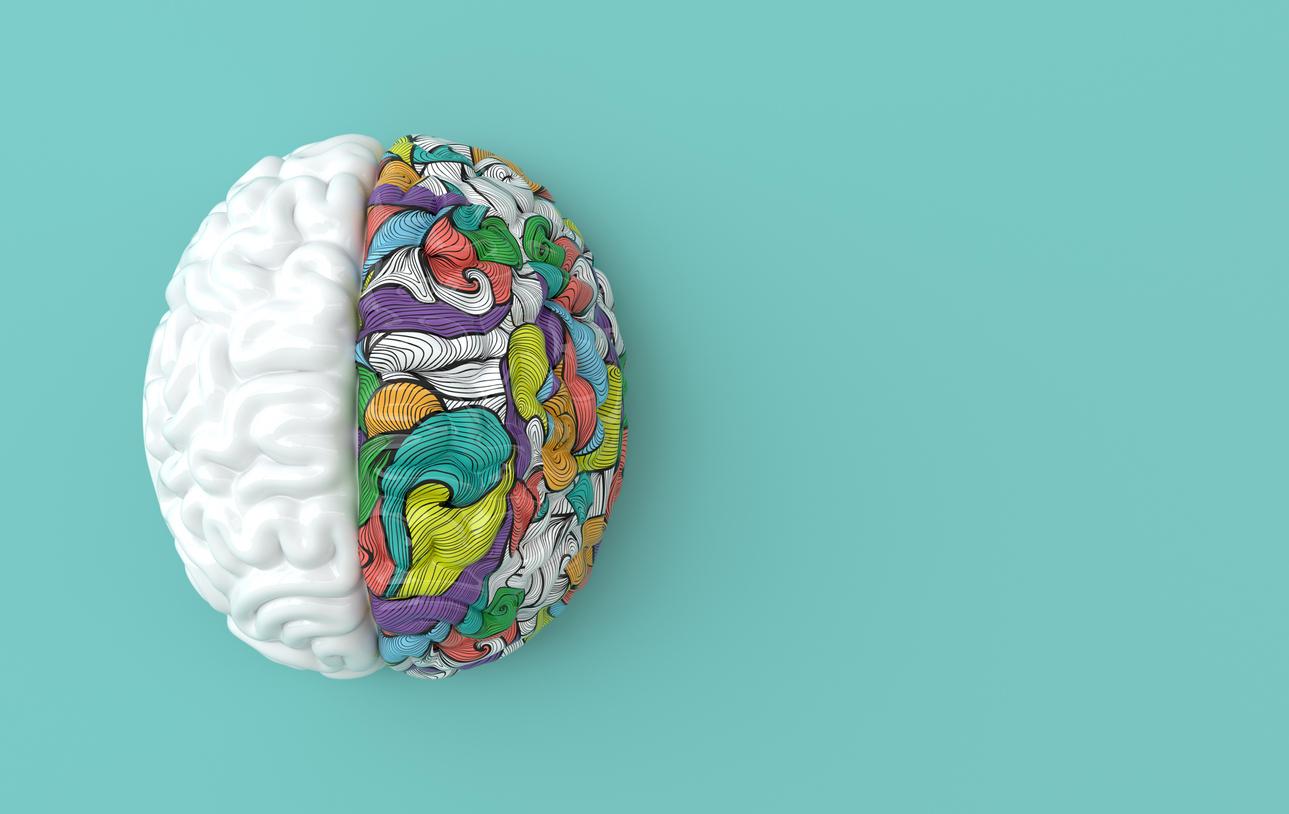Mindfulness exercises, whether done through meditation or not, only reduce stress in confident people who are already used to stressful situations.
-1605528025.jpg)
- Mindfulness, whether or not achieved through meditation, has limited effects on stress.
- It works best in people who have confidence in themselves and who are already used to living in stressful situations.
Mindfulness meditation has many benefits, but it’s not a magic bullet for overcoming stress. This is the conclusion reached by researchers from the University of Buffalo (USA), who have shown that mindfulness only helps people who already have self-confidence and who know how to manage their stress. The results were published in the journal Personality and Social Psychology Bulletin.
A technique for letting go in the face of our problems
Mindfulness is a state of mind that avoids brooding on the past and envisioning the possibilities of the future by focusing attention and vigilance on the present moment. This practice, known in the Western world through mindfulness meditation, invites people who experience it to examine their own perception of the world in an introspective journey. This philosophy of letting go of past or future events on which we cannot or no longer interact would have many virtues.
Several scientific works suggest that mindfulness can help to manage stress, anxiety, depression and even better support pain. However, this question is still subject to debate within the scientific community, as is the case of researchers at the University of Buffalo.
To confirm their hypothesis, the latter measured the cardiovascular responses (heart rate and force with which the heart propels blood to the rest of the body) of 1,001 participants to stressful tasks, such as giving a speech or performing a reasoning test. Participants who felt they had a high level of mindfulness said they were more comfortable with the world, tended not to dwell on past events and claimed to manage their stress well.
“While these benefits seem unequivocal, the specific ways in which mindfulness should influence the psychological experiences of people under stress remain unclear.says Thomas Saltsman, a researcher in the Department of Psychology at the University at Buffalo and lead author of the study. We therefore used cardiovascular responses to capture what people experience in a moment of stress, when they are more or less attentive.”
Mindfulness has limits
By measuring cardiovascular responses to these stressful situations, the researchers found that the heart rate increased and the heart beat faster when the participants cared about the tasks they were doing. Other measures, such as the amount of blood pumped by the heart and the degree of dilation of blood vessels, indicate how comfortable and confident they feel performing these tasks.
“What is surprising, and particularly striking in our results, is that mindfulness does not appear to have an effect on the positive response to stress at the time.says Thomas Saltsman. Were conscious people more likely to feel confident, comfortable and capable when engaged in a stressful task? We did not have proof of this, although they reported feeling better after completing the task.”
Their findings run counter to previous research, which claims that mindfulness helps reduce stress and better cope with it. In view of their results, all the participants felt stress during these experiments. However, and even if no physiological sign associated with a positive response to stress could be observed in the participants, the majority of them declared with having had a positive experience.
Mindfulness, whether achieved in a meditative practice or not, has benefits, but still seems limited when it comes to performing stressful tasks like giving a public speech or going through a job interview. In reality, mindfulness would only really benefit people who are used to stress and know how to manage it.
“Although our findings appear to run counter to the holy grail of stress and the benefits associated with mindfulness, we believe they instead highlight its possible limitations.”, emphasizes Thomas Saltsman.
.

















